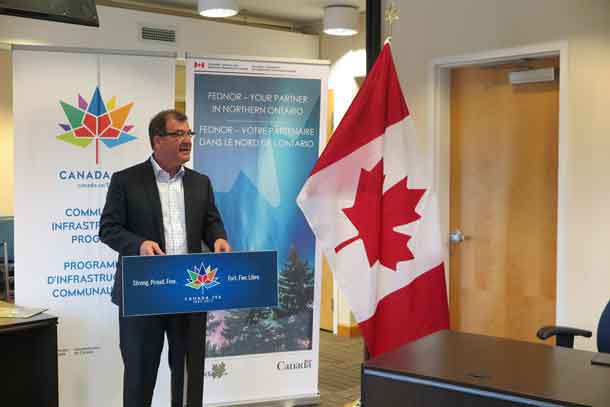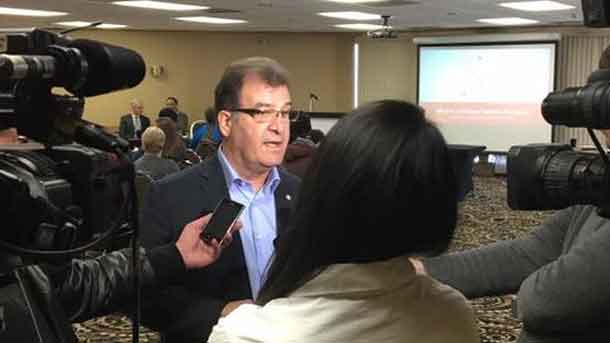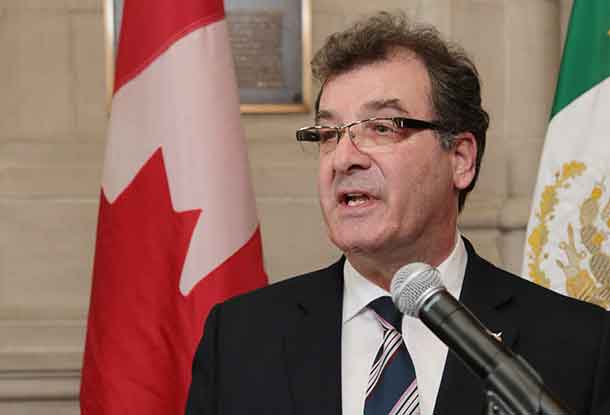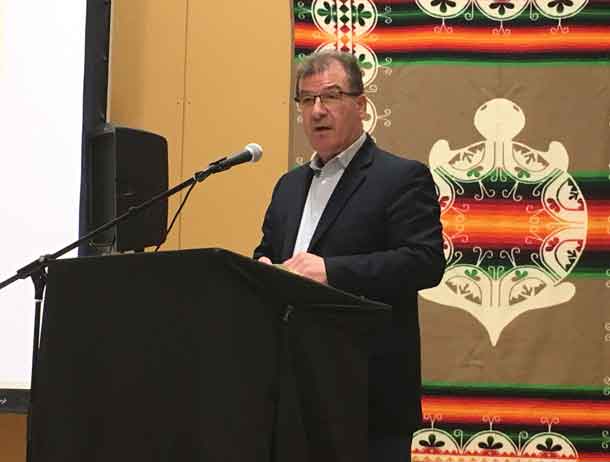
KENORA – The solutions to combatting climate change can sometimes feel like large-scale solutions that are slightly out of our control. Reducing greenhouse gas emissions, moving away from fossil fuels, and limiting plastic use sound like large issues to tackle, but there are things we can do at the municipal level to help. Earlier this month, the Regina city council voted unanimously in favour of being “100 percent renewable” by 2050.
The city of Regina not only recognizes the importance of a renewable energy plan but also stands to be a world leader on the topic. City administration will take until the end of next year to work on an action plan, with the primary goal is to move away from the fossil fuels which are currently used to generate power for the city. It will also explore options for energy efficient infrastructure and buildings, electric buses, and banning bottled water.
These environmentally minded municipal changes have inspired residents to evaluate their own personal impact on the environment and as a result, many residents are investing in solar panel projects which often result in energy costs savings. The hope is that Regina’s actions will encourage other municipalities to follow suit and develop plans their own plans.
In Northwestern Ontario, there are many opportunities to protect our environment that can be undertaken at the municipal level. We can explore recycling programs in communities where they don’t exist, or look at ways to improve existing programs. For example, Prince Edward Island has taken a provincial approach to prohibit retailers from providing single-use plastic bags, known as “The Plastic Bag Reduction Act”. Victoria, British Columbia has already passed a bylaw banning plastic bags and is looking to target more single-use products in the future.
Environmentally friendly planning also makes economic sense. The renewable energy job market is growing rapidly, so municipalities throughout the North can look at ways to bring new jobs to their communities.
It’s an indisputable fact that Canadians are feeling the impacts and costs of climate change first hand. In Ontario alone, extreme weather is being felt in the heatwaves and floods this summer, and the devastating windstorms this fall. Just last week, Canada’s Minister of Environment and Climate Change, Catherine McKenna, announced that as a result of the Ontario’s government decision to cancel all climate action programs supported by the federal government’s Low Carbon Economy Fund, the Government of Canada will explore options for reinvesting the remaining Ontario portion of that fund to improve energy efficiency, reduce emissions, save money and create good jobs across the province.
These projects, cancelled by the Government of Ontario were helping individuals, universities, colleges, communities and businesses reduce carbon pollution, improve energy efficiency, and save money – it just doesn’t make sense what they have done.
Developing a long-term plan to protect our environment is the smart thing to do, not only for our world, but for our country, province, and hometown as well. The decisions we make on a local level will have a big impact on the future of our communities and on our planet.
As individuals, we can make a difference and we have an obligation to ensure that our children and theirs enjoy the benefits of a clean environment.





